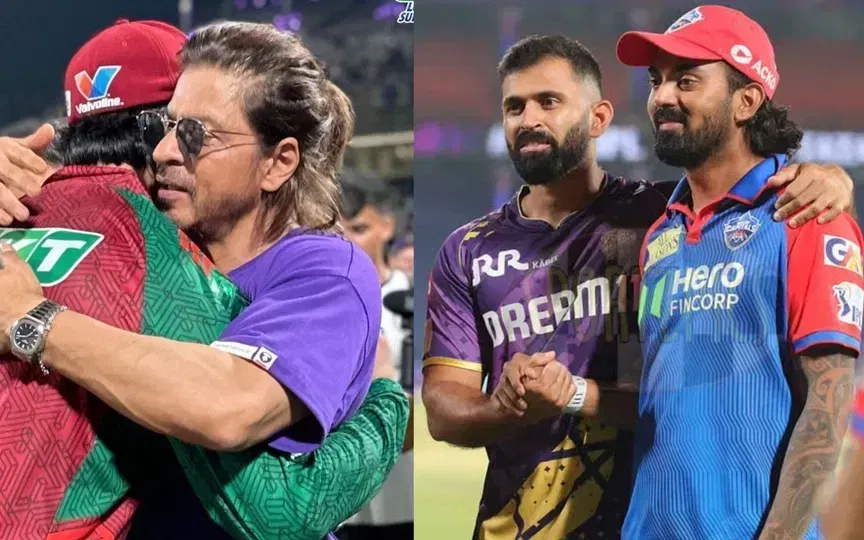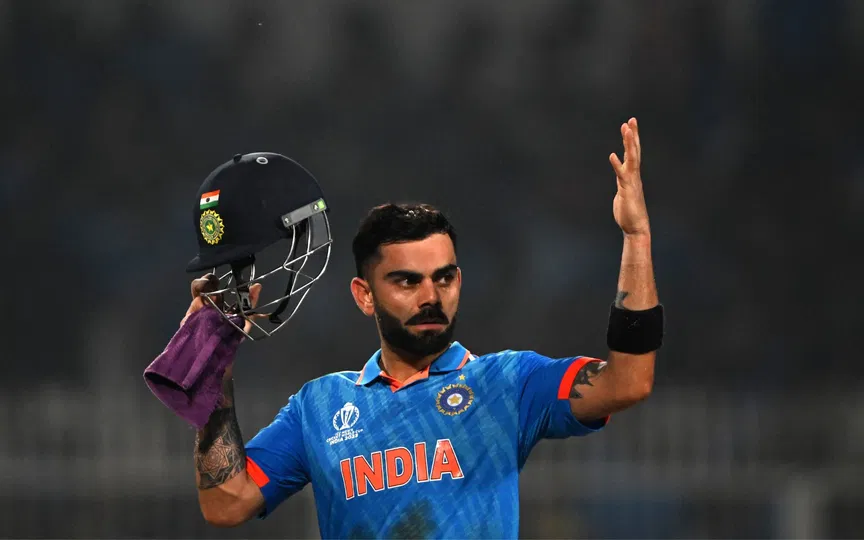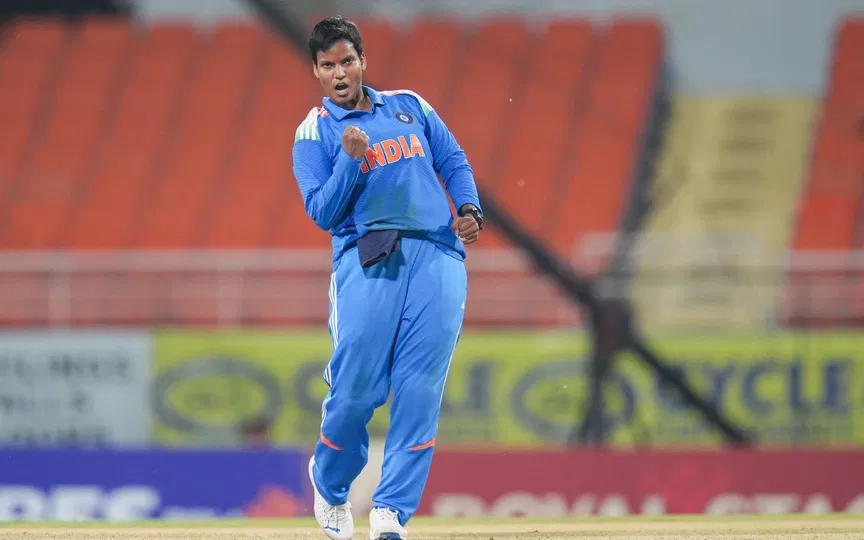 Morne Morkel on Arshdeep Singh (Source: AFP Photos)
Morne Morkel on Arshdeep Singh (Source: AFP Photos)
India's bowling coach Morne Morkel has revealed the reasons for the decision to rest Arshdeep Singh in the first T20I matches against Australia. The decision that shocked many fans was not a response to Arshdeep's performance but a well-thought-out plan to keep the equilibrium, fitness, and strength of the Indian pace unit in the face of a long cricket schedule.
Morne Morkel on Arshdeep Singh
Speaking about the decision, Morkel emphasized that India’s T20I setup is no longer focused on a fixed first-choice lineup but on creating a flexible, well-rounded bowling group. Arshdeep, a death bowler and probably one of the most consistent players in the world, was rested for some time to allow other fast bowlers to get exposure under pressure situations.
The team's approach is an example of a wider change in strategy that involves sharing the workload in different games so that more players are match-ready instead of a few overused.
"Arshdeep is experienced and he knows that we are looking at the bigger picture and trying out different combinations. He knows he is a world-class bowler and taken most wickets in the Powerplay. We know how valuable he is to the team but we also needed to look at other combinations and he understands that," said Morkel in pre-match press conference.
It is not easy" Morne Morkel
Another key factor behind the decision was workload management. The left-arm pacer has been a regular feature in India’s white-ball setup, playing high-intensity games that demand both physical endurance and mental sharpness. Morkel noted that rotating bowlers like Arshdeep helps prevent fatigue and injuries while keeping them fresh for marquee tournaments.
"It is not easy. There will always be disappointment in terms of players and selection, but that is something at times that, as a player, is uncontrollable,” Morkel explained.
He further highlighted that in modern cricket, players’ fitness cycles and performance peaks must be carefully managed, especially for fast bowlers who operate in high-stress roles across multiple phases of a T20 innings.






